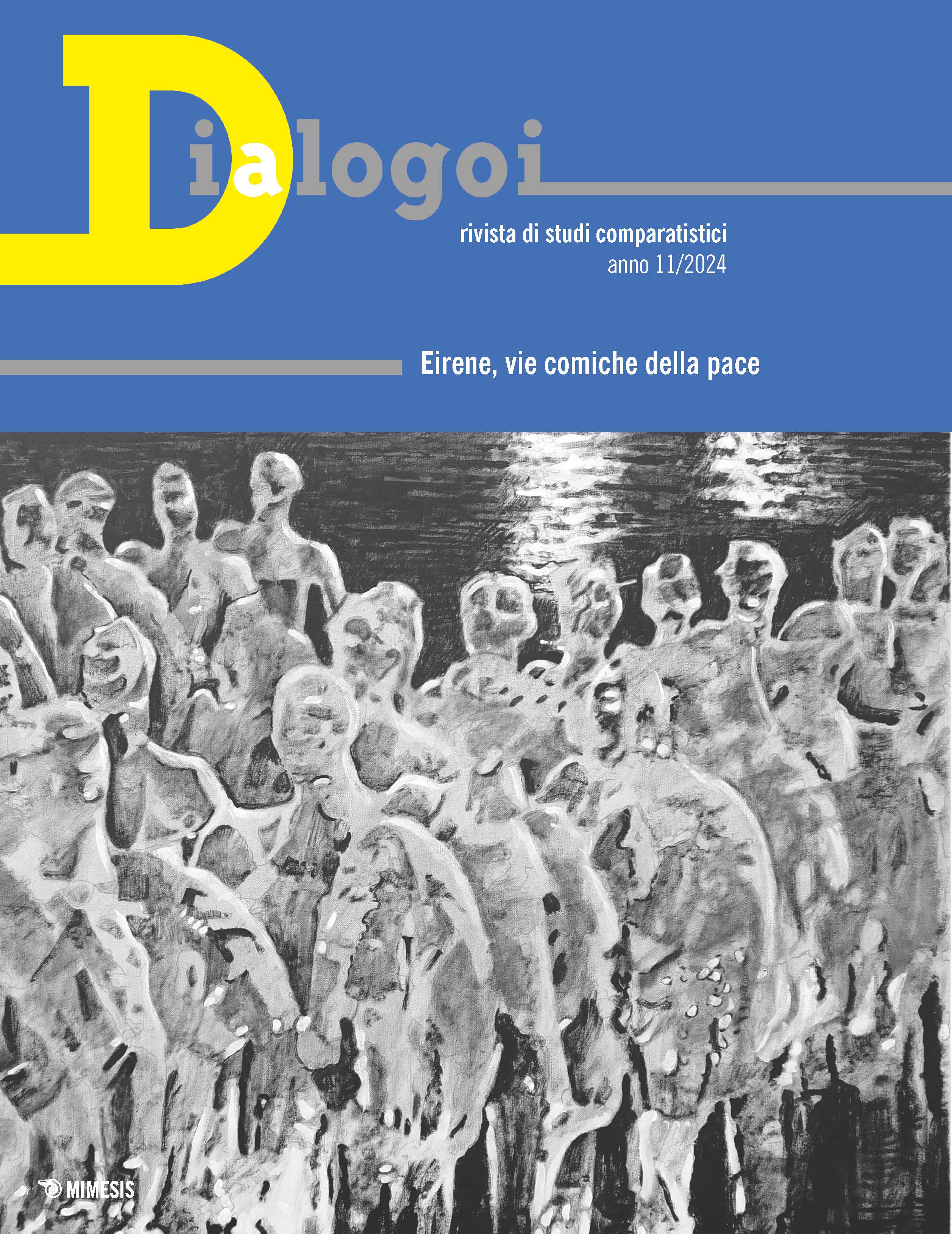Abstract
Dentro del vastísimo repertorio teatral de Lope de Vega, La pobreza estimada, compuesta entre 1597 y 1600, guarda características que impiden colocarla dentro de una única tipología de género de comedia, puesto que comparte aspectos pertenecientes a la comedia urbana, pero también a la morisca y/o de cautivos y a la bizantina. Es cierto que esta naturaleza híbrida de la obra, bien argumentada por la crítica, es también consecuencia de la doble ambientación geográfica dentro de la cual se desarrolla la intriga – Valencia y Argel–, que, consecuentemente, conlleva al enfrentamiento de dos mundos, el español y el musulmán, históricamente en contraste entre ellos, pero constantemente en contacto. Un aspecto muy interesante que me propongo profundizar de la comedia es la actitud de la sociedad española de aquel tiempo – explicitada a través de la caracterización de sus personajes – con respecto a la otredad, en concreto, a los conversos y los musulmanes.

